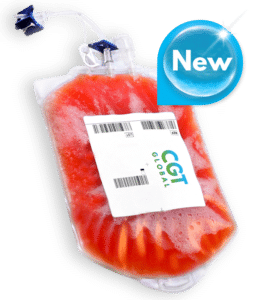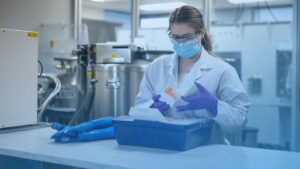What is Regenerative Medicine?
Regenerative Medicine is a branch of science that works toward replacing, engineering or regenerating damaged human cells, tissues or organs.
One of the only organs in the human body that can regenerate a part of itself naturally is the liver. Remove a section and it will regenerate the missing piece. The rest of the human body is not so lucky. Damage the spinal cord and one can suffer lifelong paralysis. But there is new hope for the future!
The Role of Stem Cells
In almost all of our tissues there are stem cells. Stem cells have the ability to replenish dying cells and regenerate damaged tissue. Although they are not capable of fixing severely damaged organs, they are able to maintain the overall health of our body.
A classic example of regenerative medicine is bone marrow transplantation where donor’s stem cells are harvested and placed into a recipient whose immune system has been impaired. The donated cells replenish the recipient’s immune system to a normal functional state.
Within recent years stem cells have been used in studies that target the treatment of Parkinson’s, Alzheimer’s, ALS, spinal cord injury, stroke, severe burns, heart disease, diabetes, rheumatoid arthritis and leukemia.
How can my donation help?
Your generosity in donating blood or bone marrow gives researchers the tools they need to enhance the lives of people today and contribute to a better life for future generations. Donate and be a part of something great!






